japanese tea ceremony
Japanese Tea Ceremony: Five Places to Enjoy it in Tokyo!

Anna Ayvazyan
Posted on November 28, 2024
Share:
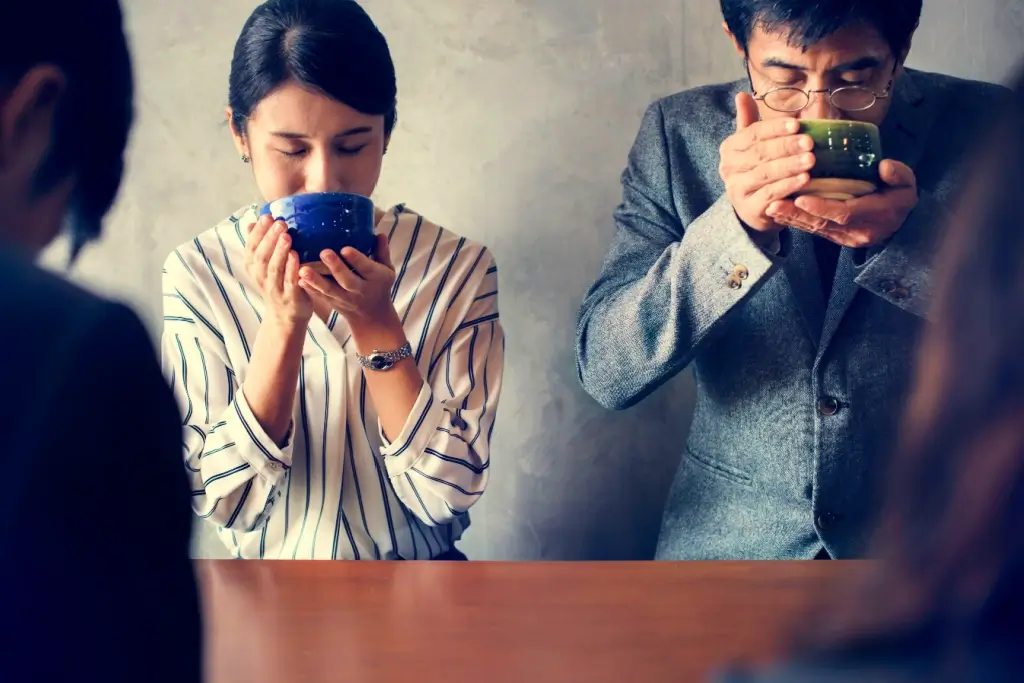
Tokyo can be a busy, fast-paced city, but one of the best ways to relax can be by experiencing a traditional Japanese tea ceremony. This peaceful ritual lets you relax and connect with Japan’s rich cultural heritage. Whether in a serene garden or a cozy teahouse, the experience offers a calming escape from the city’s hustle. Let’s look at five top places in Tokyo to enjoy an authentic Japanese tea ceremony.
What is a Japanese tea ceremony?
The Japanese tea ceremony, or chanoyu, serves as a mindful ritual that centers on preparing and drinking matcha, powdered green tea. Rooted in Zen Buddhism, it emphasizes harmony, respect, purity, and tranquility. Participants perform each step, from preparing utensils to serving tea, with grace and attention.
The ceremony typically takes place in a tea room, creating a serene atmosphere for guests to appreciate the surroundings. Guests often sit on the floor, though chairs are available at some locations. The tea is served with wagashi, a traditional Japanese sweet that is eaten before drinking it. Modern ceremonies typically last 30 minutes to an hour, offering a peaceful escape.
Asakusa Chazen
At Asakusa Chazen, visitors can enjoy an authentic Japanese tea ceremony in a peaceful setting, just steps away from the iconic Asakusa Temple. The ceremony, performed in Japanese and English, is guided by an experienced host who prepares matcha with precision and grace. Guests can choose a shared seat for 3,500 ($23) yen per person or a private session for 4,500 ($30) yen per person.

Additional options are available for a more enriching experience. They include Japanese flower arrangements, origami, and calligraphy workshops. Each experience offers a deeper connection to traditional Japanese arts and culture in a tranquil atmosphere. Asakusa Chazen is three minutes from Asakusa Station No.1 Exit on the Ginza Line or five minutes from Asakusa Station Central Exit on the Tobu Railway.
Gencho-an Tearoom
The tea ceremony at Gencho-an Tearoom offers a serene and authentic experience within the Suntory Museum of Art in Tokyo. Set in a traditional tearoom, the ceremony allows guests to witness the meticulous preparation of matcha in a peaceful and contemplative environment. The ceremony is conducted entirely in Japanese, providing an immersive experience of Japan’s rich cultural heritage. It is held four times daily between 12 noon and 3pm.

The entry fee for the tea ceremony is 1,200 ($8) yen, in addition to the museum admission fee. This is an ideal opportunity to connect with Japan’s tea culture while exploring the museum’s stunning art collection. Combining art and tradition makes Gencho-an Tearoom a memorable stop for any visitor. The Suntory Museum of Art can be directly accessed from Roppongi Station Exit 8 on the Toei Oedo Line.
Are you looking for snacks to pair with your afternoon tea? Sakuraco delivers traditional Japanese snacks, teas, and sweets from local Japanese makers directly to your door so you can enjoy the latest treats directly from Japan!
Hoshinoya Tokyo
Experience the ultimate luxury with the tea ceremony at Hoshinoya Tokyo, where elegance and tradition come together in a tranquil, refined setting. The ceremony accommodates up to six people and is priced at 14,271 yen ($94) per person, ensuring a personalized experience. It is conducted once a day from 10–11 am in Japanese and English, making it a great way to energize your day before exploring Tokyo!

A standout feature is the exclusive tea bowls and whisks, handcrafted by an artist specifically for Hoshinoya Tokyo. Guests can keep these beautiful items as a memorable souvenir from their experience. This carefully curated ceremony combines the art of tea with Hoshinoya Tokyo’s refined atmosphere, providing a peaceful moment of reflection in the heart of the city. Hoshinoya Tokyo is a 10-minute from the Marunouchi North Exit of Tokyo Station.
Shizu Kokoro
Shizu Kokoro’s tea ceremony experience offers a deep dive into Japan’s traditional tea culture with a hands-on approach. Held Tuesdays through Saturdays, this workshop accommodates up to six people for a shared session. The experience begins with sakura tea, a refreshing cherry blossom drink served as a welcome. Guests then watch a 10-minute video introduction to Chado, learning about the history and core concepts of the tea ceremony.

Inside the tranquil tea room, participants enjoy a traditional Japanese confection and a period of meditation, leaving behind the stresses of daily life. The formal ceremony includes the preparation of koicha, a strong matcha tea originally enjoyed by samurai. Guests also learn about the variety of tea bowls used in ceremonies and how each shape affects the taste and experience.
The workshop concludes with a hands-on lesson on making usucha, a lighter matcha tea, followed by dry sweets. The session is 4,200 yen ($28) per person, with private sessions available for 27,720 yen ($182). Shizu Kokoro is a ten-minute walk from Asakusa Station.
Maikoya
Maikoya provides a unique tea ceremony experience in the heart of Tokyo. Guests can explore Japan’s tea culture while dressed in traditional attire. Priced at 6,300 yen ($41) per person, it includes a free kimono rental, and women receive unique hair styling to match their kimono and complete the traditional look. An expert host guides the ceremony, explaining the history and significance of each tea preparation step. The ceremony is conducted in Japanese, English, or Chinese.

Afterward, guests can wear their kimonos outside and stroll through the historic Asakusa District. For a more immersive experience, guests can purchase a value ticket, including a samurai sword experience. The kimono and tea ceremony lasts about 90 minutes, followed by another 90 minutes for the samurai sword experience, making it a fully immersive cultural outing. Maikoya is a six-minute walk from Asakusa Station on the Tokyo Metro.
Why should I attend a Japanese tea ceremony?
A Japanese tea ceremony offers a peaceful experience, allowing visitors to slow down and connect with Japan’s rich cultural heritage through tea preparation rituals. It provides a unique opportunity to appreciate the artistry and mindfulness involved in each step. Tokyo offers a variety of tea ceremonies, each offering a distinct experience, from traditional rituals to luxurious settings.

Whether you’re a newcomer or a seasoned tea enthusiast, these five venues offer memorable experiences of Japan’s tea culture. The ceremonies are designed to help you relax, escape the fast pace of the city, and enjoy a mindful cultural journey. What is your favorite type of tea? Let us know in the comments below!
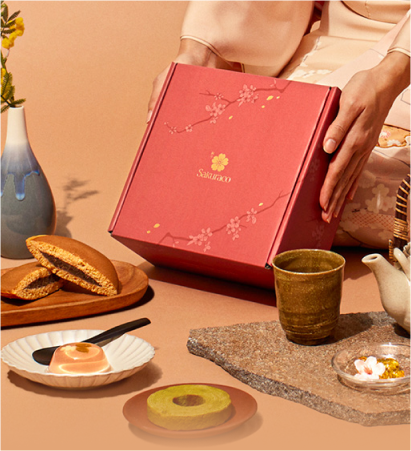
Discover authentic flavors with Sakuraco
Get Sakuraco 

Discover authentic flavors with Sakuraco
Get Sakuraco 
Related Articles
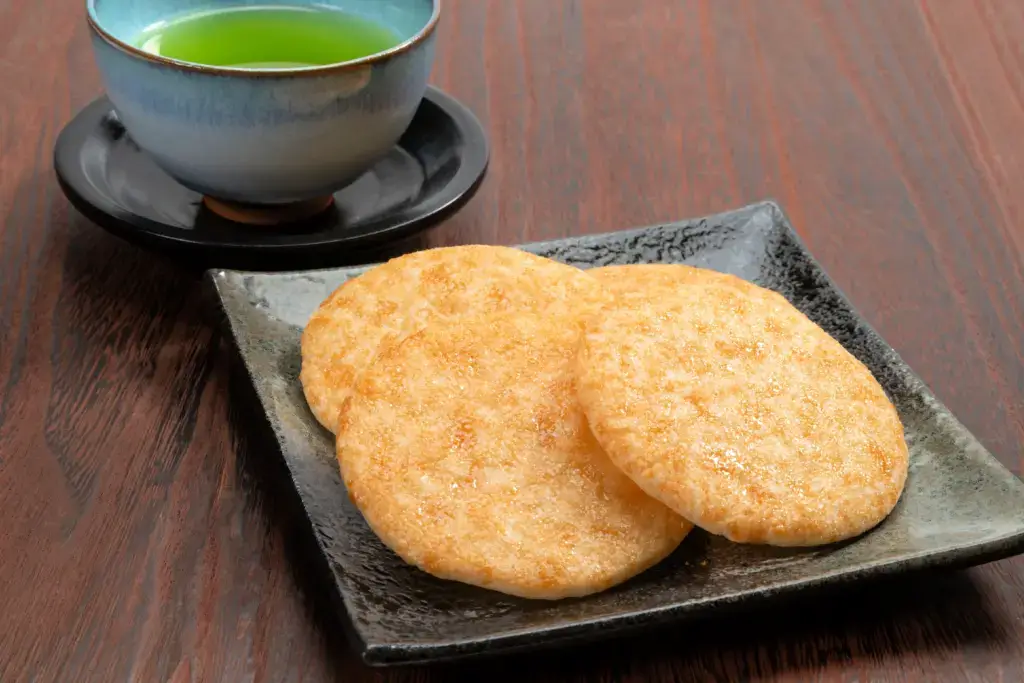
Sugi Confectionery: Aichi’s Crunchy Little Secret
In Aichi Prefecture, where bold flavors and everyday comfort food shine, Sugi Confectionery (Sugi Seika) quietly steals the spotlight with simple, crunchy snacks full of local charm.
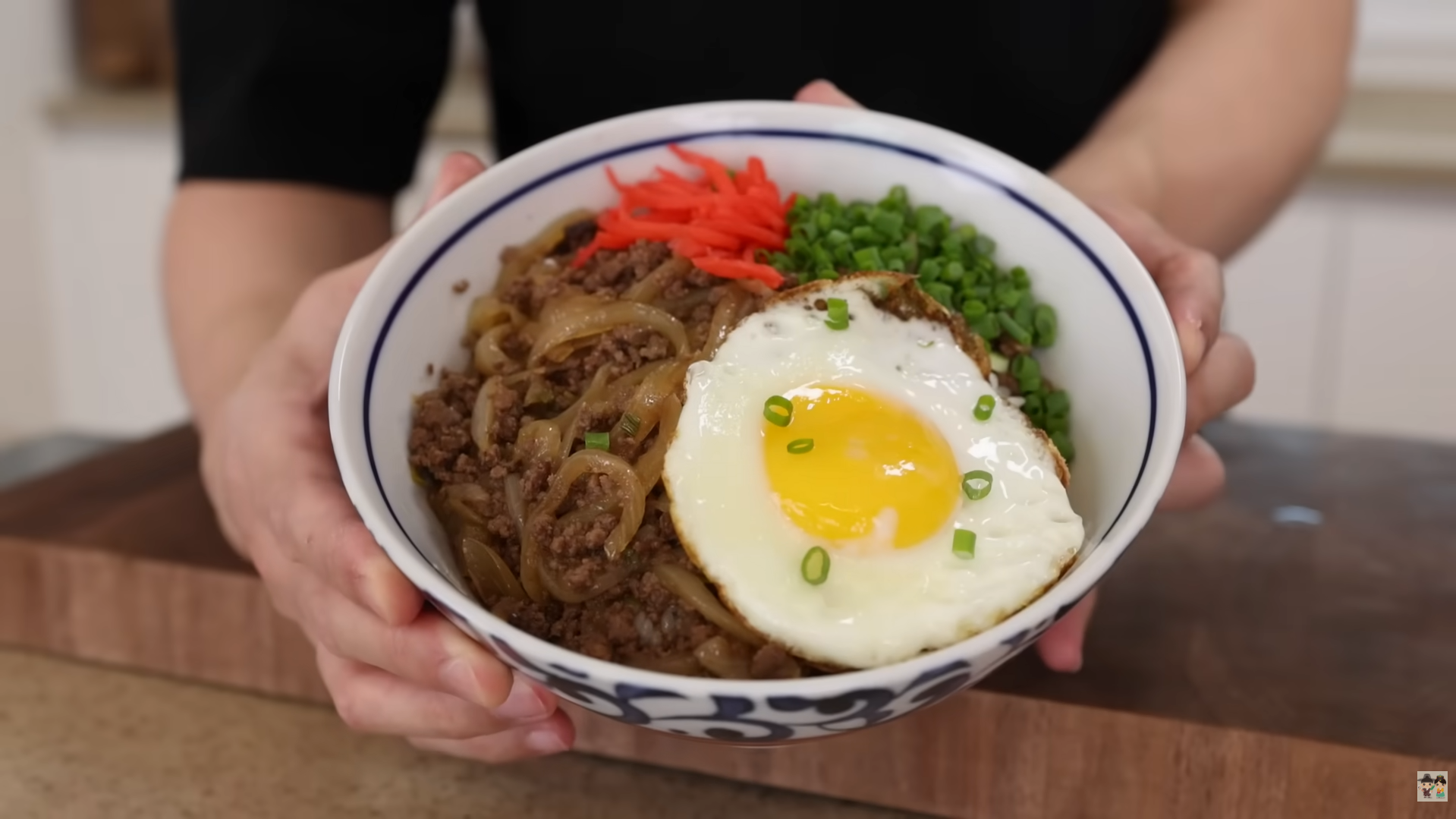
Aaron and Claire Show Us How to Make Gyudon!
If you’re looking for a Japanese comfort food that’s quick, affordable, and full of flavor, Aaron and Claire have a great option. In this video, Aaron shows how to make Gyudon using ground beef instead of the usual thinly sliced beef.
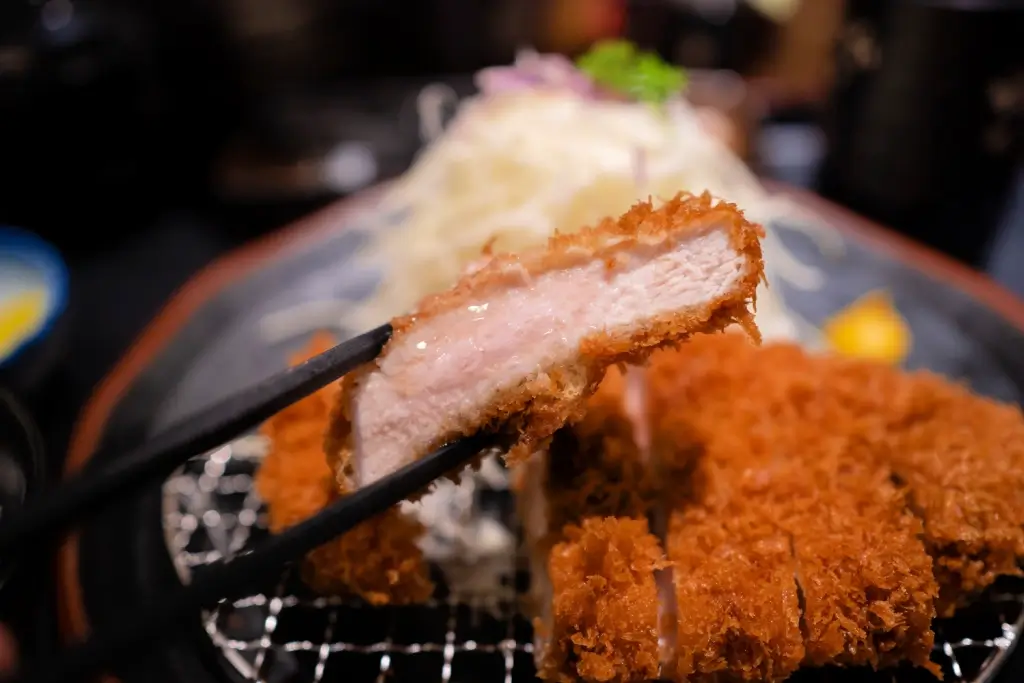
Tonkatsu Luxury Restaurants: Best Ones to Try!
Don’t miss out on tonkatsu if you’re traveling to Japan! Tourists often add the meal to their must-eat list because of its delicious and satisfying nature. Even better, you can elevate the experience by going to luxury restaurants across Japan, where you can experience some of the most celebrated pork cutlets.
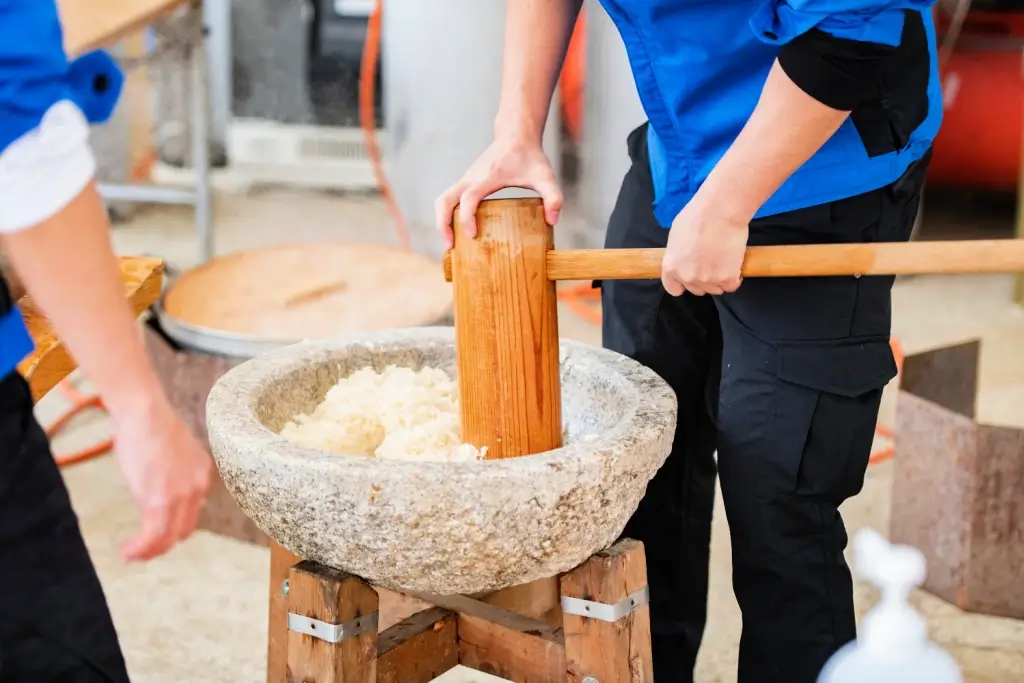
Mochi: How is Mochitsuki Made in Japan?
Mochitsuki is the Japanese tradition of pounding steamed rice to make mochi for the New Year. Families and neighbors gather to participate in this lively and meaningful tradition. The teamwork involved helps everyone feel a sense of connection.



